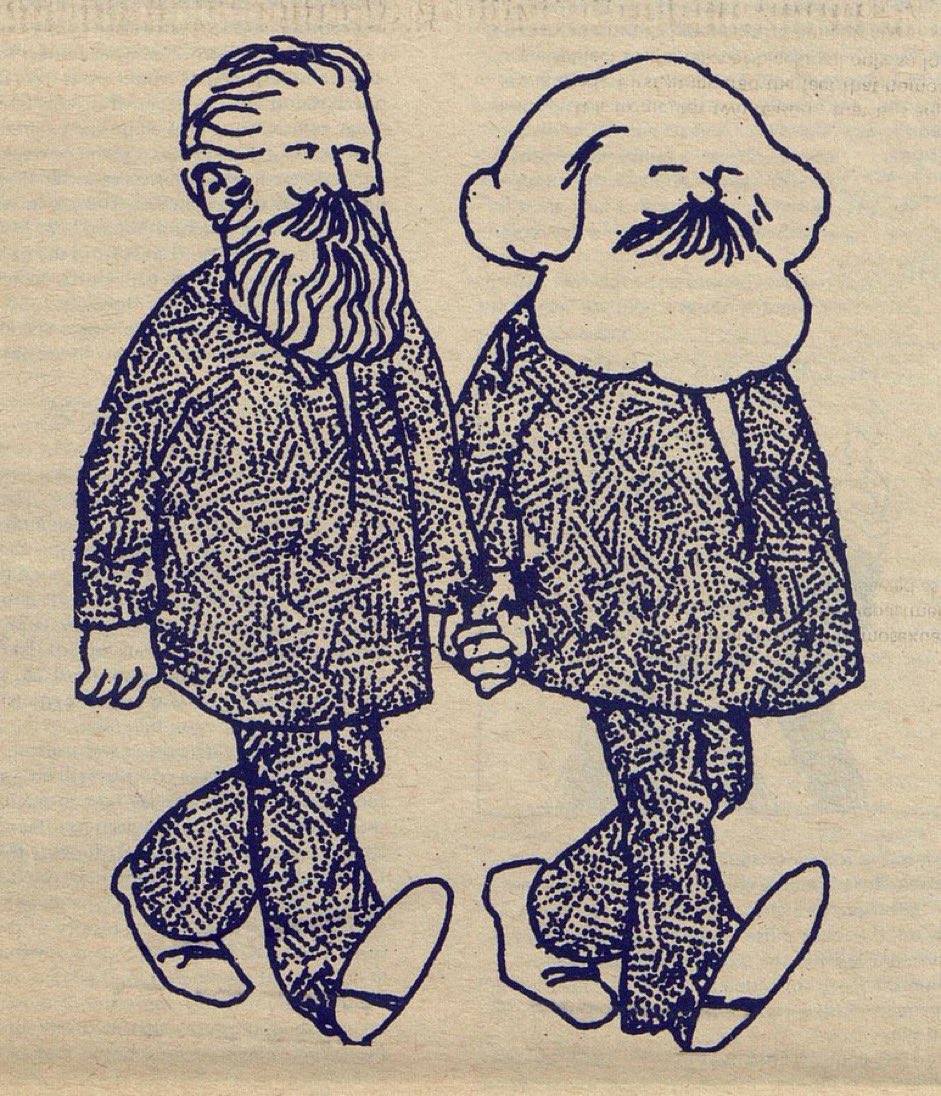I feel like this question has a correct answer. And your answer is most correct. Any area we examine, we will find that this answer applies, from housing, to policing, to employment, to freedom of movement, to educational opportunities, to loans, to voting in elections, to treatment in stores and restaurants, to you name it. the deck is stacked.
Most of the stats say the income disparity is just the cost of a house with price asset inflation, I think if we just gave people houses a lot of the income gap disappears, but not to even mention the generational trauma that will take 3-5 generations to work out under socialist living standards. I guess stress and trauma, make your DNA activate in ways I dint pretend to understand and it makes diseases mentally and physically more common.
america is any dystopian historical period you want it to be, we're a great melting pot
yeah, a melting pot where no matter what you put in it, you get jim crow soup with interesting spices
Is the USA still grappling with the legacy of explicit apartheid (Jim Crow)? Yes.
Are the laws now explicitly apartheid? No.
Are the laws explicitly apartheid? No.
Do the laws facilitate apartheid results in their execution? Yes.
I suppose you could call it economic apartheid, if you don’t mind stretching the definition of the word a bit. There is obviously a tiered system that now is going beyond even most historical norms of economic inequality or class separation. And there remains a racist as well as an economic intent behind that.
Maybe it's the old flower child in me coming out but in addition to the economic apartheid, I feel like there is something in it that is intentionally designed to break the spirit; an emotional component. An evil made even more insidious because its applied in such a way where the average white person has no clue that its even present, and designed to convince black people that "if you just worked harder" you could advance. This is something intended to crush the spirit, and gaslight everyone involved into believing there isn't a problem, all while providing cover to those who are supposedly in charge of spending the tax revenue on behalf of the people. We see it with the recent string of SCOTUS decisions, clawing back laws that were designed to end apartheid, for example laws related to voting, education, etc. We see it with the food deserts that many black families are forced to endure, the substandard housing, the barriers to receiving loans and mortgages, the low likelihood of being afforded a reasonable education, and on and on.
The concept of meritocracy is fascinating. The power of the aristocracy fell when people stopped believing that Kings were appointed by God (and thus deserving of their position). Almost no-one would accept the condition of the poor if it was openly dictated along racial lines, or by some other kind of system that didn’t veil itself behind the idea of personal responsibility - including the poor themselves. South Africa of course was unable to sustain such a system. I wonder if the decline of the middle class and of social mobility (which is largely occurring in a generational way, as children being worse off than their parents), will also weaken the idea of meritocracy. It’s really the most important foundation of liberal ideology as a belief system.
An ancillary question: Is a meritocracy on its most fundamental definition, a concept of "haves and have nots"?
I'm not as familiar with Native American history as I am with the First Nations history in Canada. Are there also laws in the US that restrict what they can and can't do and/or own while living on reservations?
Thanks for your response. An apartheid regime can even be found absent the presence of laws designed to restrict the rights of groups of people. This example by Human Rights Watch has a fairly simply (and I think effective) definition that is effective, and law-based: https://www.hrw.org/news/2021/07/19/israeli-apartheid-threshold-crossed#:~:text=International%20criminal%20law%2C%20including%20the,by%20one%20racial%20group%20to
International criminal law, including the 1973 International Convention on the Suppression and Punishment of the Crime of Apartheid and the 1998 Rome Statute to the International Criminal Court, define apartheid as a crime against humanity consisting of three primary elements: (1) an intent by one racial group to dominate another; (2) systematic oppression by the dominant group over the marginalized group; and (3) particularly grave abuses known as inhumane acts.
Using this definition I think you would have a hard time not defining the US as an apartheid regime
How does one overturn economic and spiritual apartheid without censoring the reactionary holdouts?
There is only one form of censorship that I feel is effective: self-censorship. "Never try to teach a pig to sing; it wastes your time and annoys the pig." Telling people what they can and cannot say just triggers more of the same. More hurtful words, more of the same. Instead of telling people what they can say, why not engaeg them on a philosophical basis. Yes, its more time-consuming, and potentially frustrating, and is bound to fail possibly more often than it succeeds. But for those times it DOES succeed, the return on time is far more significant, and leads to lasting, positive change, I feel.





